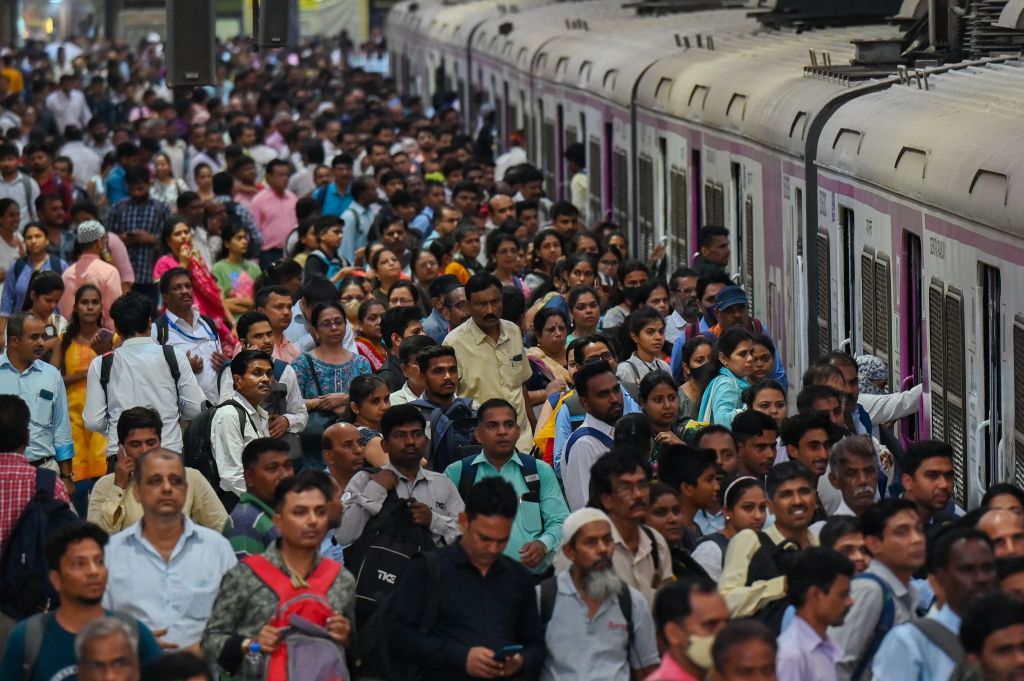- Friday, April 18, 2025
Many south Indian politicians worry that a fall in population in their states could lead to a reduction in the number of parliamentary seats during the next electoral delimitation

By: Shajil Kumar
INDIA could not carry out its decadal census exercise in 2021 due to the COVID-19 pandemic and now there are reports that it may begin in early 2025 and the data will be declared by 2026. The country has been carrying out its population count every 10 years since 1951.
While the official figures are awaited, the UN estimates last year stated that India has overtaken China to become the world’s most populous country with around 1.45 billion people.
Though India has brought down its fertility rate from 5.7 births per woman in 1950 to two, its population growth has been heavily lopsided.
Northern states like Uttar Pradesh and Bihar have met with limited success in bringing down fertility rates, while the five southern states – Andhra Pradesh, Telangana, Karnataka, Tamil Nadu and Kerala have brought the birth rates down to the level of most European countries. These states are also economically more prosperous.
However, the south Indian politicians now worry whether this accomplishment on the population front would turn out to be a curse.
Their immediate concern is whether the government will go ahead with the delimitation of electoral seats, which is due in 2026, once the census data is published. The previous delimitation was carried out in 1976.
This would mean redrawing electoral boundaries to reflect the current population levels. And southern states with reduced population are expected to lose out, while populous states like Uttar Pradesh and Bihar would stand to gain more seats.
The opening of the new parliament building last year has stoked their fears. The new structure has an increased seating capacity of 888 Lok Sabha seats and 384 Rajya Sabha seats. India’s Lok Sabha currently has 543 members, while Rajya Sabha has 245 members.
Though prime minister Narendra Modi and others have hinted that changes to fiscal shares and parliamentary seat allocations will not be rushed through, there is a sense of disquiet among many leaders in the southern states.
The chief ministers of Andhra Pradesh and Tamil Nadu have already called upon people to have more children.
Andhra Pradesh is even thinking of incentivising people to have more children, citing low fertility rates and ageing population. The state recently scrapped its “two-child policy” for candidates contesting local body elections.
Fiscal allocation
Apart from the shrinking electoral clout, the southern states claim that their better success in controlling population and economic prosperity has led to lower devolution of tax money.
They allege that since population is an important parameter while allocating tax money to states, they stand to lose out. They had opposed when the 15th Finance Commission tried to base the population parameter on the 2011 census, as against the 1971 used by previous commissions.
The southern states alleged that this would go against them since they controlled their population better than many other states. To address their woes, the Commission gave weight to demographic performance or success in population control.
As long as the lopsidedness in population control remains, these grievances are bound to continue.